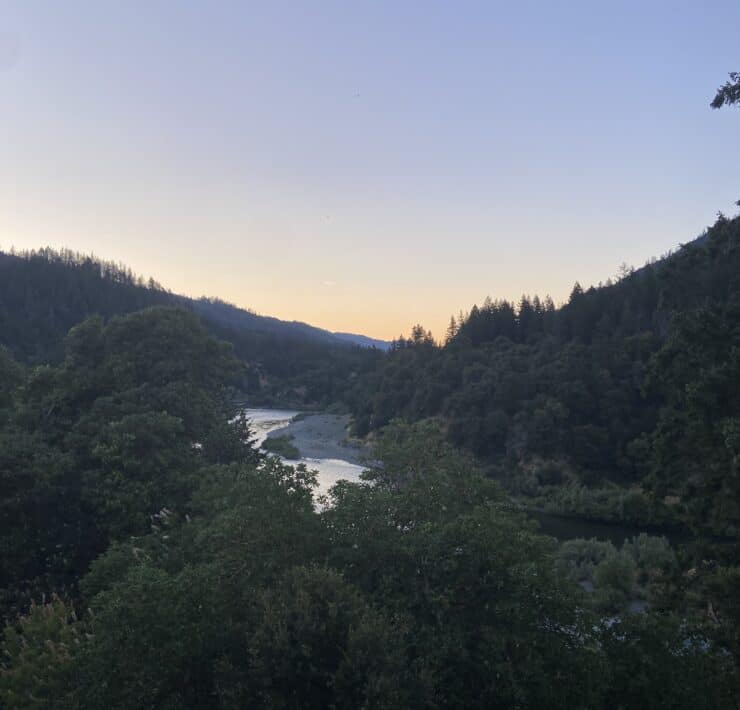
by Tavi Lorelle Carpenter
If you grew up in California and were born at least after 1960, I bet you read Island of the Blue Dolphins. I read it (or, more accurately, listened to it) in 3rd grade during ‘Reading Hour,’ where our teacher would read, and we were allowed to draw while we listened.
I remember imagining how I would make food and organize my home if I was Karana. Looking at my drawings during this time, you’d see colorful gel-pen drawings of a young girl stashing fish and flowers in lopsided oblong shapes.
As a grown-up, I can reflect on the issues with O’Dell’s book: the romanticization, the misinformation, and just generally being problematic (and actually, is this book still being assigned in school?). When I was in school, that was the representation that existed. I can appreciate the efforts made because it was better than the confusing rhetoric I was presented with the following year, where I remember being told that there were no more California Indigenous people. Furthermore, I think the existing problematic literature is part of the collective reckoning we must all participate in. It is representative of how, as a society, California Indian people were viewed. I can also recognize the confusion it created for me and what it would have meant to have more contemporary representation.
This is why I’m very excited to share this month’s recommendation. It’s dear to my heart because it is the book I wish I could have read when I was young.
I want to start by stating that I don’t think it’s necessary to be familiar with Island of the Blue Dolphins to enjoy this read. It can be complimentary, but it truly does stand in its own right.
Dear Miss Karana by Eric Elliot is a children’s chapter book that was written to be in accordance with a 4th grade level. It tells the story of a ten-year old girl who is currently reading Island of Blue Dolphins and learning about the real woman Karana is based upon, often referred to as the Lone Woman of San Nicolas Island and given the Spanish name Juana Maria by the missions. Our storyteller, the young Tíshmal, who is California Native, begins to send emails hoping to be able talk to Miss Karana’s spirit. Tíshmal learns that even back in her time, Miss Karana wasn’t understood by the people around her but after hearing the last recording of the song Miss Karana sang when she was found, Tíshmal realizes that some of the words sound similar to Chamtéela words, her ancestral language. Her adventure begins where she must approach her grumpy great-uncle, Wéh Powéya (“two tongues”) the only person fluent in the language of their ancestors from the belly button of the ocean, the San Nicolas Islands. Together, they work to understand what the lone woman said so she may complete her spirit journey West.
Though geared for kiddos, I thoroughly enjoyed this story and found myself getting swept away in Tíshmal’s journey. On a practical level, this book offers an alternative to the dominated narrative firmly placing American Indian people in the past. This story centers the perspective of a contemporary California Indian kid learning how the past has influenced the present.
This is a story about language and shares with readers why knowing our ancestral languages is so important. Dear Miss Karana was actually originally written in Chamtéela and that version is free for download on the Heyday website for Chamtéela speakers and language learners. However, I think any California Indian kiddos learning their ancestral languages might really enjoy this read and feel encouraged in their own language learning journey.
And even for us grown-ups, this is a beautiful short story I promise you’ll deeply enjoy.
To add this to your summer reading list or to gift it to the Native youngins in your life, visit: heydaybooks.com/dear-miss-karana









